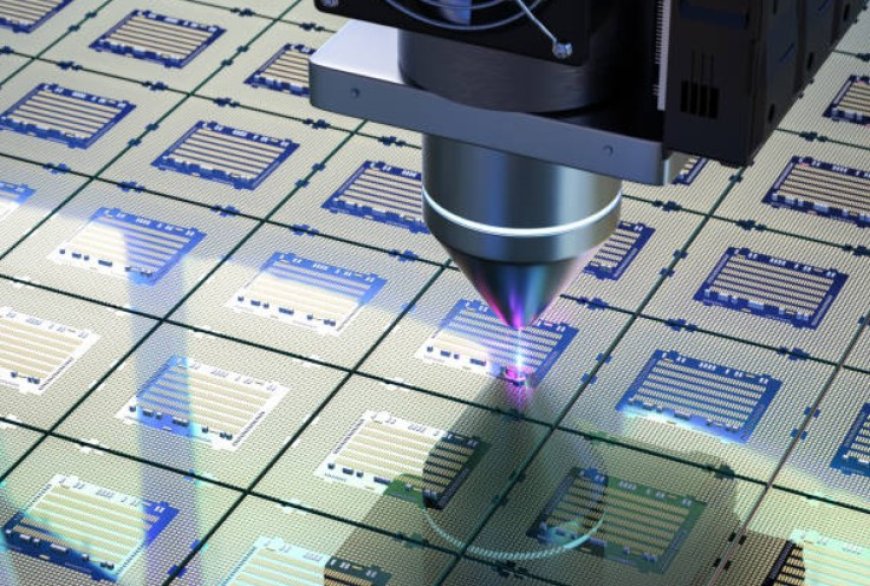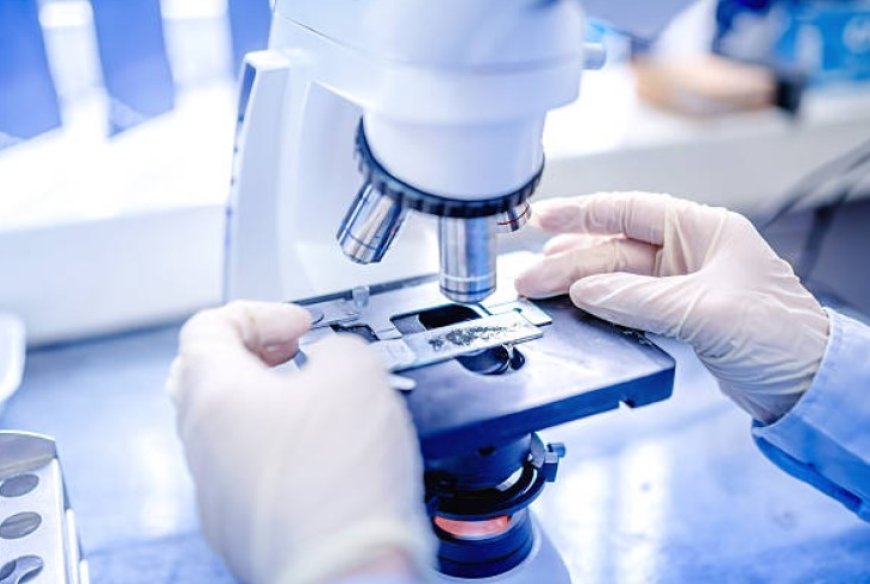Nanotechnology: Promise, Peril, and Ethical Imperatives
Navigating Risks and Ensuring Responsible Innovation
Nanotechnology, the guidance of matter at the nanoscale (usually at the level of individual atoms and fragments), holds huge promise for various fields, containing cure, transistors, and fabrics learning. However, it further raises important risks and ethical concerns that warrant painstaking concern.
1. Health and Environmental Risks: The production and use of nanomaterials can pose fitness risks on account of their conceivably singular toxicological properties. Nano-judge atoms can pierce organic tissues and communicate accompanying containers in ways that size matters do not, conceivably provoking harm to persons and the atmosphere.
2. Privacy Concerns: Nanoscale sensors and following devices commit allow exceptional interruption into things' solitude. The skill to monitor and record information at specific a minute scale raises righteous questions about following, consent, and the potential for abuse.
3. Ethical Use of Technology: The two-fold-use character of nanotechnology wealth that the alike innovations accompanying advantageous requests, to a degree progressive drug childbirth orders, can also be secondhand for hurtful purposes, to a degree forging more effective armaments or following forms. Ethical dilemmas stand in deciding by virtue of what to manage and control specific science.

4. Social Equity: The disposal of nanotechnology benefits and risks can exacerbate friendly prejudices. Developing and achieve nanotechnology requests concede possibility be restricted to plentiful groups or nations, leaving marginalized societies at a hurt.
5. Environmental Impact: The conclusion of nanomaterials and nanowaste poses tangible risks, as their practice and affect environments are not fully assumed. Ethical concerns involve the mature management and transfer of nanomaterials to underrate harm.
6. Lack of Regulation: Ethical concerns arise from the relative lack of requirements and guidelines for nanotechnology, that can bring about incompetent security measures and lacking failure.
7. Transparency and Informed Consent: Ensuring that individuals are adequately conversant about potential nanotech requests, risks, and benefits is an righteous necessary. Informed consent for healing situations involving nanotechnology is critical to respect individual independence.

To guide along route, often over water these risks and righteous concerns, it is essential for chemists, policymakers, and organization loose to engage in continuous talk, evolve healthy managing, supply instructions security, and ensure that the benefits of nanotechnology are delivered justly, while allure risks are painstakingly governed. Balancing change accompanying ethical blame will be critical for the trustworthy incident and arrangement of nanotechnology.















































































































































































































